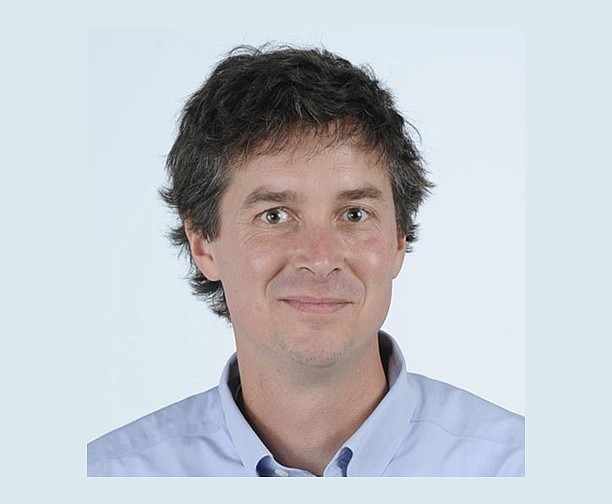Bustani.
It's the Swahili word for garden.
And the bustani growing in downtown Chattanooga is one of the most beautiful things I've ever seen.
On a half-acre lot of downtown land, nearly two dozen raised beds of vegetables -- tomatoes, arugula, chard, potatoes, onions and so much else -- are bordered by rows of fruit trees and blueberry bushes. A compost pile sits near a small pavilion next to a rain barrel. Butterflies and song birds float by.
Every several days, a community of global refugees makes its way to the garden to work. Some sing as they walk. Their homes are a million miles away: Darfur, Iraq, Burundi, Syria, Chad, Kenya.
They can tell stories of immense violence. Their English is still incomplete, so when talking about life back home, they use their hands.
One woman from Baghdad draws a line across her throat -- the motion for execution -- when I ask about her son and husband.
A man from Burundi pantomimes an imaginary gun -- dat-dat-dat, he says -- when describing his homeland.
Even here, their lives remain isolated in ways. Many live in public housing; some work in nearby factories; others are unemployed and sick.
But in this garden, in their bustani, they laugh. They smile. (No one knows, or cares, about Cee Lo Green's lyrics). Men from Africa work alongside women from the Middle East, each growing healthy food from the earth and, within themselves, community, independence and some sort of peace.
"Seeing them here is one of the greatest things," said Peter Kanyi, an Episcopal minister. "This is a place of sharing."
Last year, Kanyi -- they call him Father Peter -- partnered with Neema Resettlement Outreach Ministry to build a garden for area refugees. Securing land on the property of the Department of Human Services -- you can see the garden from U.S. Highway 27, on the opposite side of the Chattanooga Convention Center -- they began to plant, hoping something larger would grow among the vegetables.
"There was a critical need for extended services for refugees," said Susannah Robinson Murdock of Neema. "They were slipping through the cracks."
Murdock said former Mayor Ron Littlefield was instrumental in the garden's start; St. Timothy's Episcopal Church sponsors Neemah, local groups like Fair Share Urban Growers lend a hand and the national Episcopal church just awarded an $18,000 grant for the garden.
"I am happy," said Cyrille from Cameroon.
Wearing a New York Yankees cap, he steps between rows of peppers, onions and turned-up soil where soon there would be tomatoes.
Across from him, a man from Sudan picks arugula. Nearby, Mary from Baghdad -- she lost her husband and son under former dictator Saddam Hussein -- looks down at a bed where she hopes to harvest carrots, potatoes, onions and celery.
"Everybody in my country has a garden in their home," she said.
At the root of this work is Father Peter, who serves as a liaison between the refugees and American life. He teaches English classes, drives them to doctor's appointments, helps them find work and ways to become better citizens.
He came to America from Kenya and understands that simply because refugees reach this land does not mean they are immediately at home, safe and accepted into American culture.
"When they come here [to this garden], they're not isolated anymore," he said. "There is community creating friendship."
The story of the Garden of Eden describes a place of peace, where good food is abundant. Perhaps the work of our time is to try to rebuild such a scene, where people with different stories, cultures and colors can once again return to the earth and each other.
"We are different colors, but one people," one man said, as he walked through the garden in the morning sun. "Everybody is the same."
Contact David Cook at dcook@timesfreepress.com or 423-757-6329. Follow him on Facebook and Twitter at DavidCookTFP.

